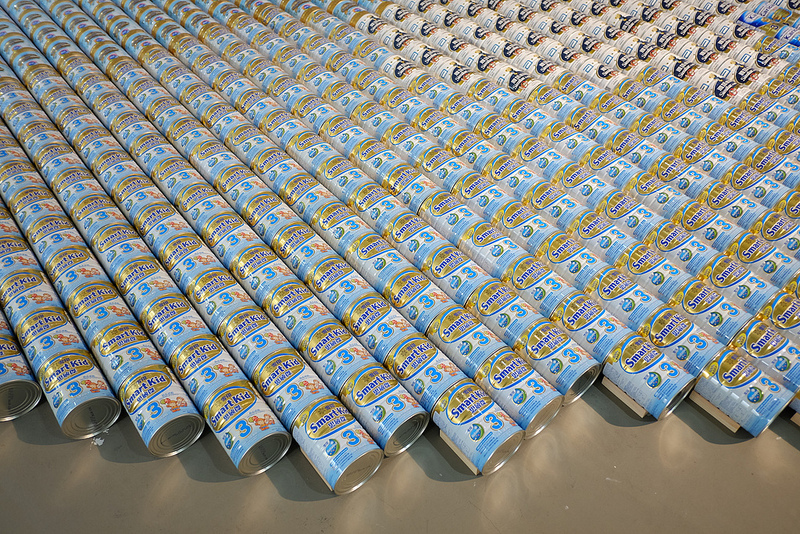Just the other week I was in Hong Kong, which is an easy place to be in many regards. It’s efficient, lively and not at all bureaucratic. It is where I married my wife years ago, even though she is not from there and we were both living in South Korea at the time. Hong Kong is just a marvelously easy place to pursue happiness!
But this time, as I was waiting in the airport, I heard a chilling announcement over the loudspeaker system. Anyone caught trying to leave Hong Kong with more than a few kilograms of baby milk powder would be subject to a HK$500,000 fine (approximately US$65,000) or face imprisonment. What was this all about? Well, following a recent series of scandals over milk and milk formula quality in China, people have been desperate to buy quality brands. They have been willing to pay large premiums to secure high quality formula, and since much of this is available in Hong Kong, the baby formula market there has started to suffer shortages.
As consumers in Asia move into middle class lifestyles, they have begun to care more about the environment, social and safety issues.
Essentially, this is an issue of product quality. And there are several ways to deal with it. This may include tightening regulations surrounding product quality in China, which the country has been doing but with slow progress. Bureaucrats have lost their liberty and one even lost his life over such scandals. You could also seek to limit exports of the product from Hong Kong by deeming it “smuggling” and arresting people who break the new law—and this has been the choice of Hong Kong regulators. You could even try to clamp down on “profiteering” by those “high quality” producers who are enjoying premium pricing in China—and this has been the reaction of the mainland authorities. Or you could allow the free market to do its work. I suspect that this final approach to dealing with the issue would, over the long term, be the most powerful.
If there is money to be made by obsessive attention to quality, then firms will either improve the quality of their products or (in areas where they already lead the market) increase their production. Demand for better products generally increases brand value and customer loyalty. The pricing signals of the market are then reinforced by increased brand awareness. This all saves consumers the trouble of a panicked search for better product. And in the case of adulterated food products, that could mean saving lives.
It also seems to me that the actions of the authorities in Hong Kong and the mainland, whilst they may help with some short-term issues, are at odds with the long-term process of the market. After all, Hong Kong is preventing mainland consumers from getting the quality product they want in the quantities they desire. Meanwhile, mainland authorities are interfering with the price mechanism by which people can identify the best products and by which the manufacturers would be incentivized to supply more.
Ultimately though, it seems likely we’ll continue to see issues like this crop up. As consumers in Asia move into middle class lifestyles, they have begun to care more about the environment, social and safety issues. Those companies that can attain a reputation for quality, health and safety—be it in baby formula, fast food, preventative health care and the like should be able to add huge amounts of value to their firms and shareholders. After all, people are willing to risk hefty fines and going to jail to smuggle baby milk formula because the demand is so high. Just imagine the incentives if the market were allowed to work with fewer impediments.
Opinion column by Robert Horrocks, PhD, Chief Investment Officer – Matthews Asia
The views and information discussed represent opinion and an assessment of market conditions at a specific point in time that are subject to change. It should not be relied upon as a recommendation to buy and sell particular securities or markets in general. The subject matter contained herein has been derived from several sources believed to be reliable and accurate at the time of compilation. Matthews International Capital Management, LLC does not accept any liability for losses either direct or consequential caused by the use of this information. Investing in international and emerging markets may involve additional risks, such as social and political instability, market illiquidity, exchange-rate fluctuations, a high level of volatility and limited regulation. In addition, single-country funds may be subject to a higher degree of market risk than diversified funds because of concentration in a specific geographic location. Investing in small- and mid-size companies is more risky than investing in large companies, as they may be more volatile and less liquid than large companies. This document has not been reviewed or approved by any regulatory body.

